The UK has deployed military personnel and equipment to Belgium to bolster the country’s air defences after a series of drone incursions into Belgian airspace, which officials suspect may have been orchestrated by Russia, the BBC reported.
Britain’s newly appointed Chief of the Defence Staff, Richard Knighton said to BBC that his Belgian counterpart requested assistance earlier in the week, and that British “kit and personnel” were already on their way.
Belgium’s main airport, Zaventem, was forced to close temporarily on last Thursday night following multiple drone sightings near its runways. Similar activity was also reported near a military base and other sensitive sites.
According to the report, Richard said it was not confirmed whether the drones originated from Russia but described the possibility as “plausible”.
UK and allies rally behind Belgium
Defence Secretary John Healey said in a statement that as “hybrid threats grow, our strength lies in our alliances and collective resolve to defend, deter and protect our critical infrastructure and airspace.”
Healey added that Britain would support Belgium “by providing our kit and capability,” which is already being deployed. Germany has also pledged assistance, with Defence Minister Boris Pistorius confirming on Friday that Berlin would provide anti-drone measures after receiving a request from Brussels.
The drone activity caused major disruption, affecting about 3,000 Brussels Airlines passengers and forcing dozens of flight cancellations and diversions, the airline said, leading to “considerable costs.”
Belgian Defence Minister Theo Francken acknowledged that while there was no concrete proof of Russian involvement, “it has become a serious threat affecting civilian infrastructure across multiple European countries.”
‘Russia remains Europe’s most pressing threat’
Richard warned that Russia remains the most immediate danger to Europe’s security, citing the Kremlin’s hybrid tactics — including cyberattacks, sabotage, and assassinations.
“The illegal invasion of Ukraine has shown the barbaric nature of Russia’s war efforts,” he said, adding that Moscow had already carried out sabotage and killings on UK soil. “Hybrid warfare is where we need to strengthen ourselves.”
Impact Shorts
More ShortsThe shadow defence secretary, James Cartlidge, welcomed the government’s decision to act alongside NATO partners, saying the heightened threat required “joint deterrence.” However, he criticised the government’s slow pace in boosting defence spending, urging more urgency.
Earlier this year, the UK announced plans to increase defence expenditure to 2.5% of GDP by April 2027, with an aim of reaching 3% in the following parliament — a move Richard described as “more than I’ve ever known in my career.”
Growing European concern over Russian ‘hybrid warfare’
Drone sightings have disrupted air traffic in several European countries, including Sweden, Norway, and Denmark, in recent months. While Moscow has denied any role, European officials suspect a coordinated campaign of hybrid aggression.
Germany’s Boris Pistorius suggested the latest drone activity could be linked to EU discussions about using frozen Russian assets to fund a €140 billion loan for Ukraine.
Although no definitive proof has emerged, Western intelligence agencies believe the incursions form part of Russia’s escalating pressure tactics in response to Europe’s growing military and financial backing for Kyiv.
UK steps up NATO commitments
The UK has meanwhile increased its NATO deployments, sending RAF Typhoon jets to Poland to help patrol the alliance’s eastern flank amid rising Russian airspace violations across Eastern Europe.


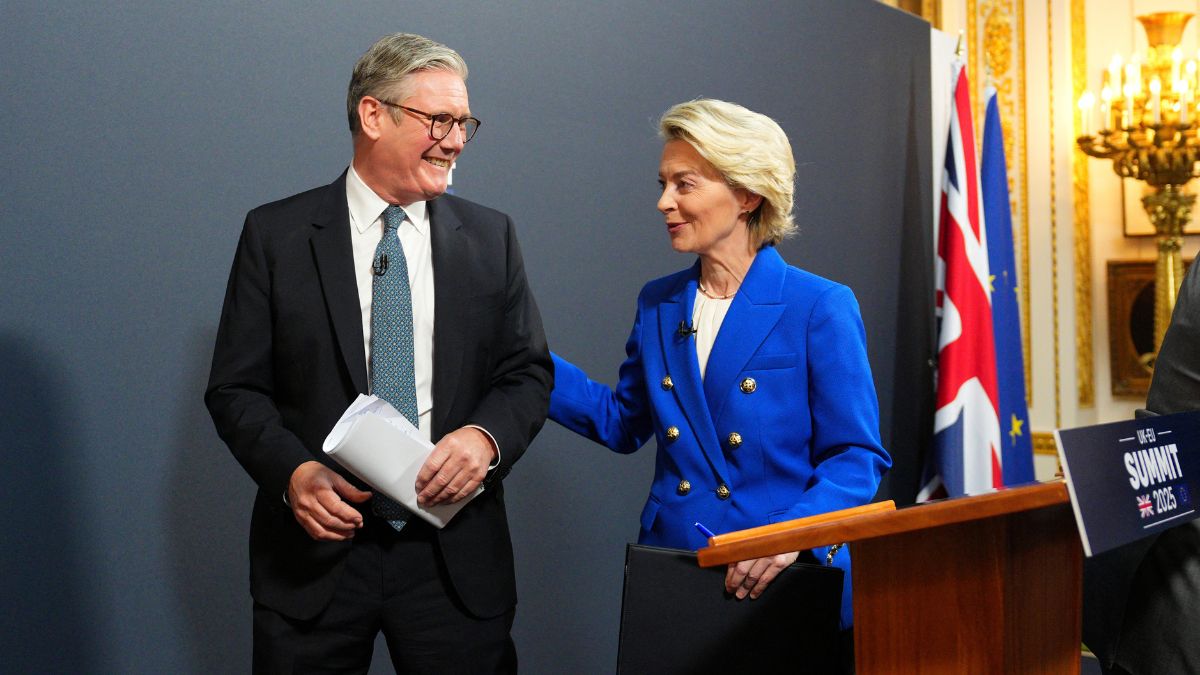)
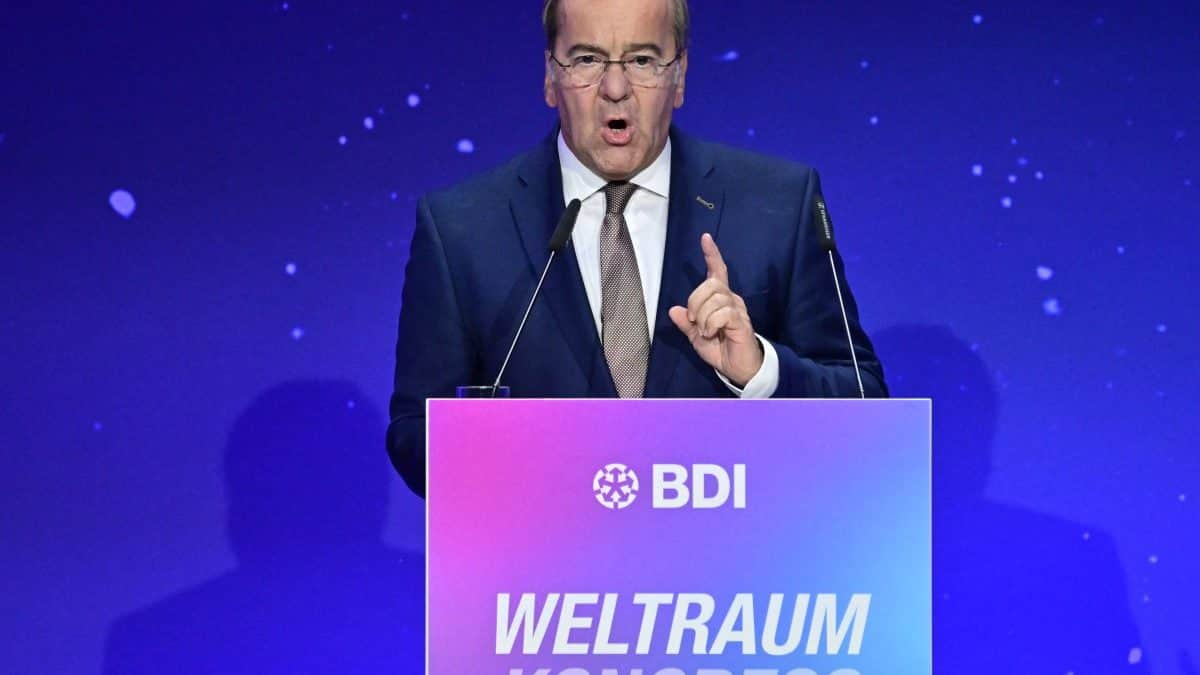
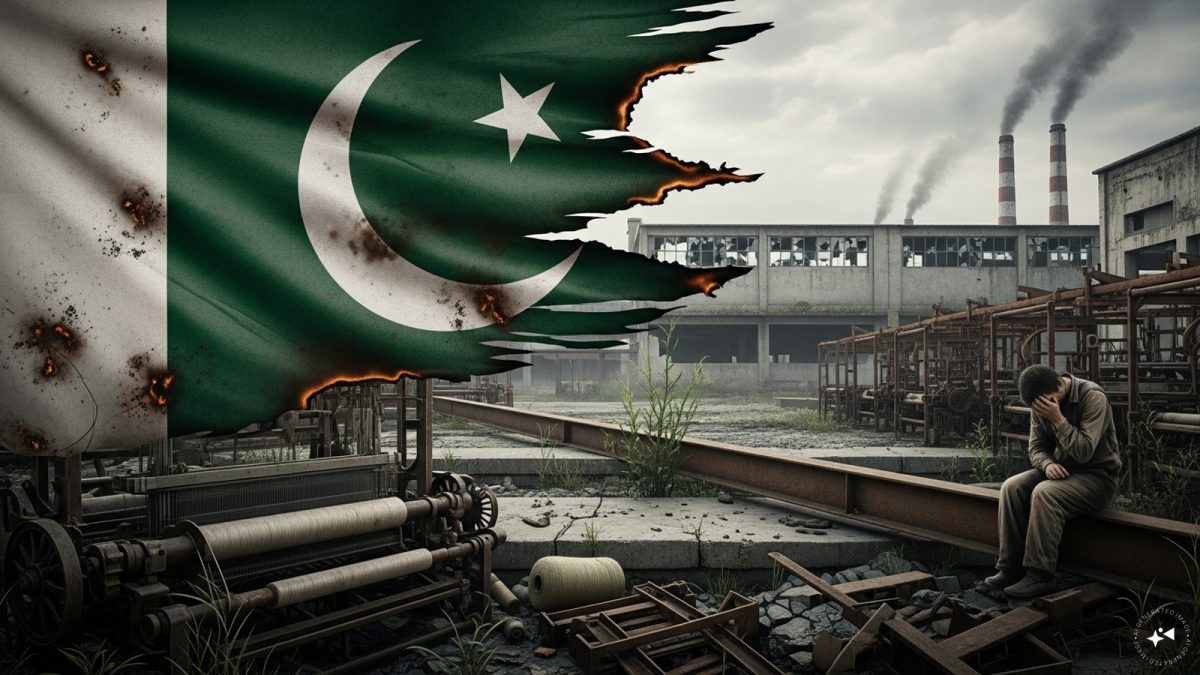)
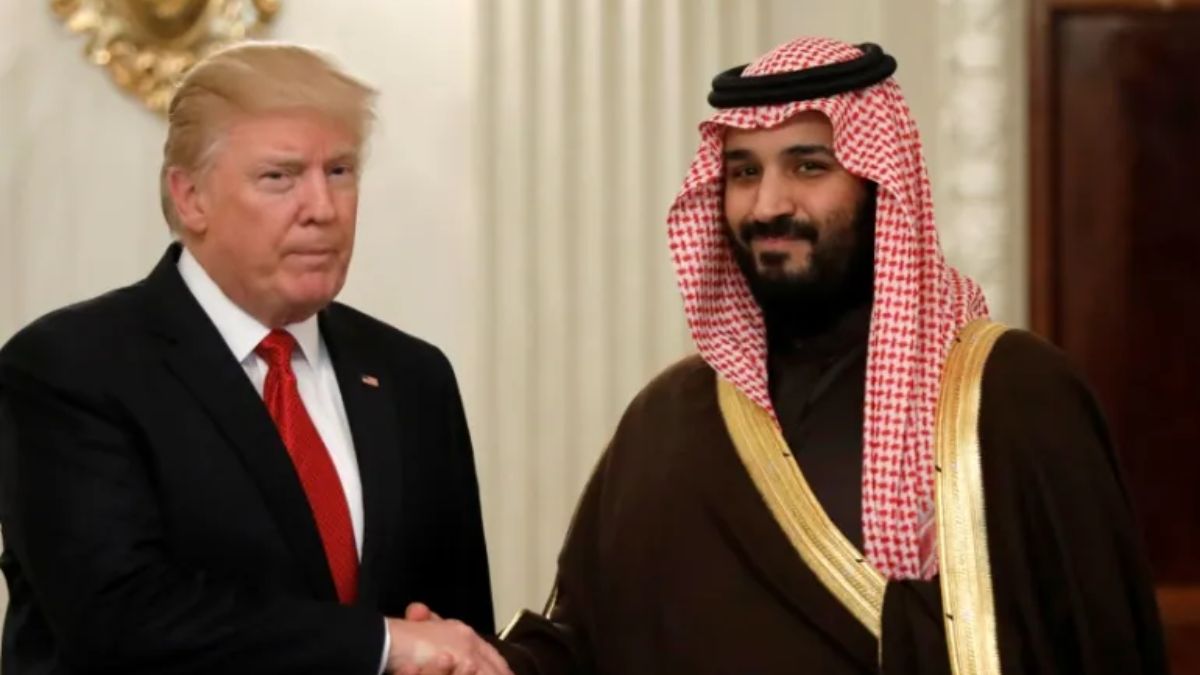)
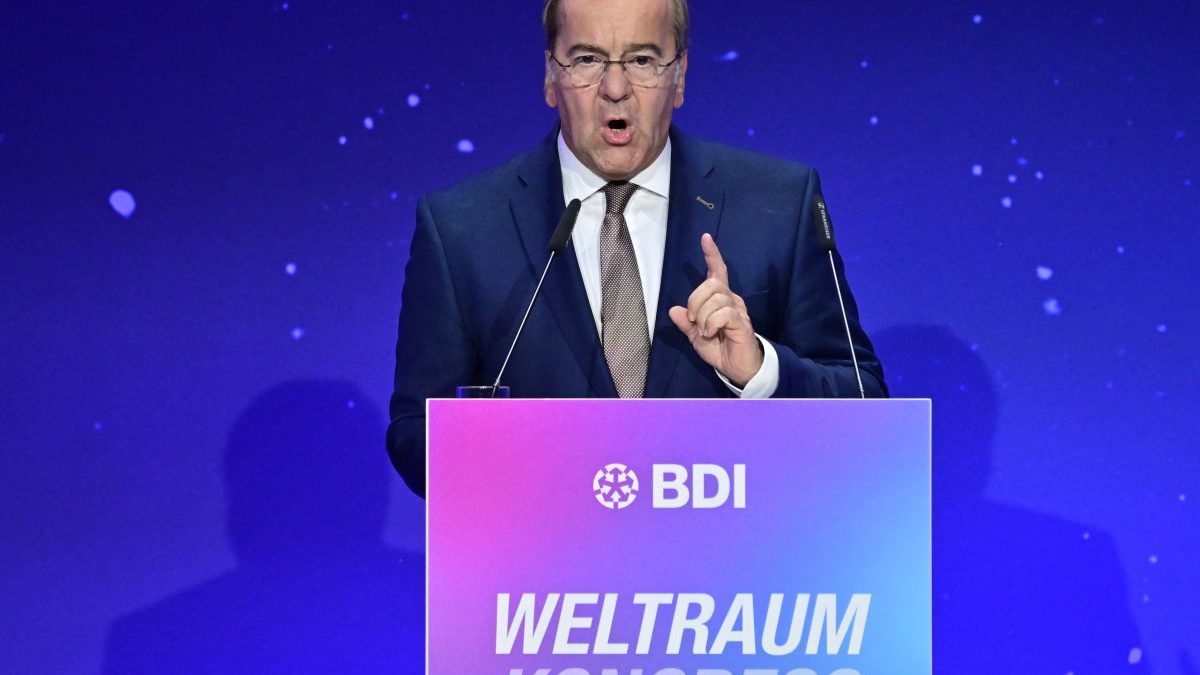)
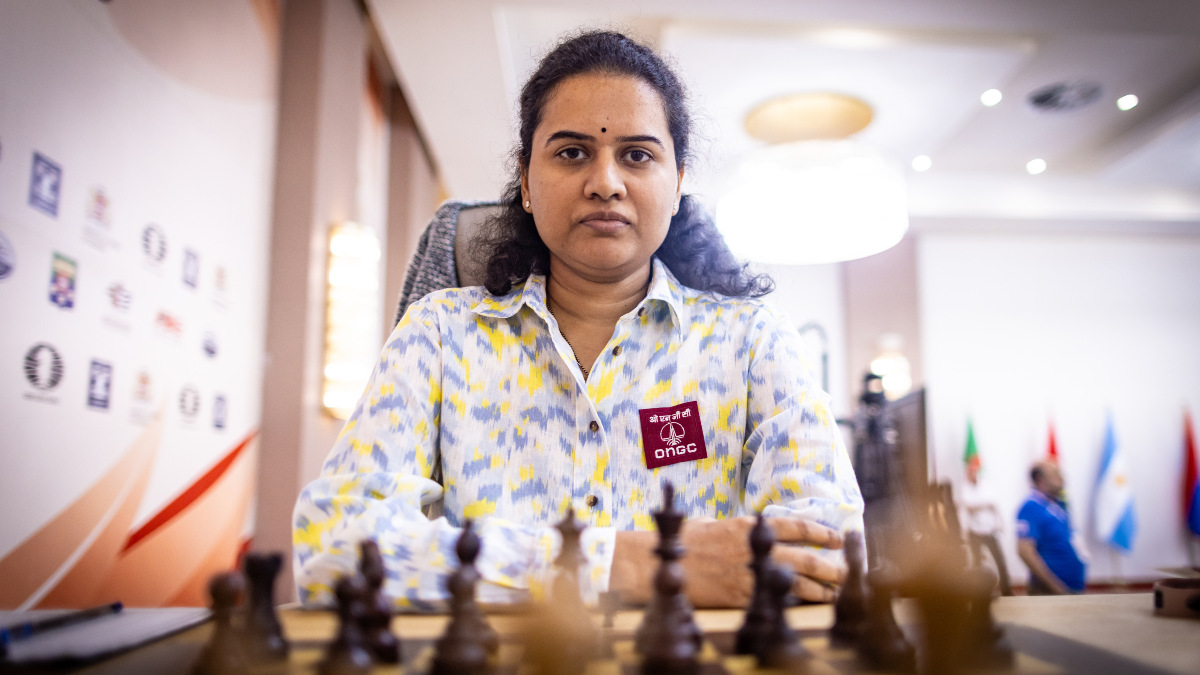)
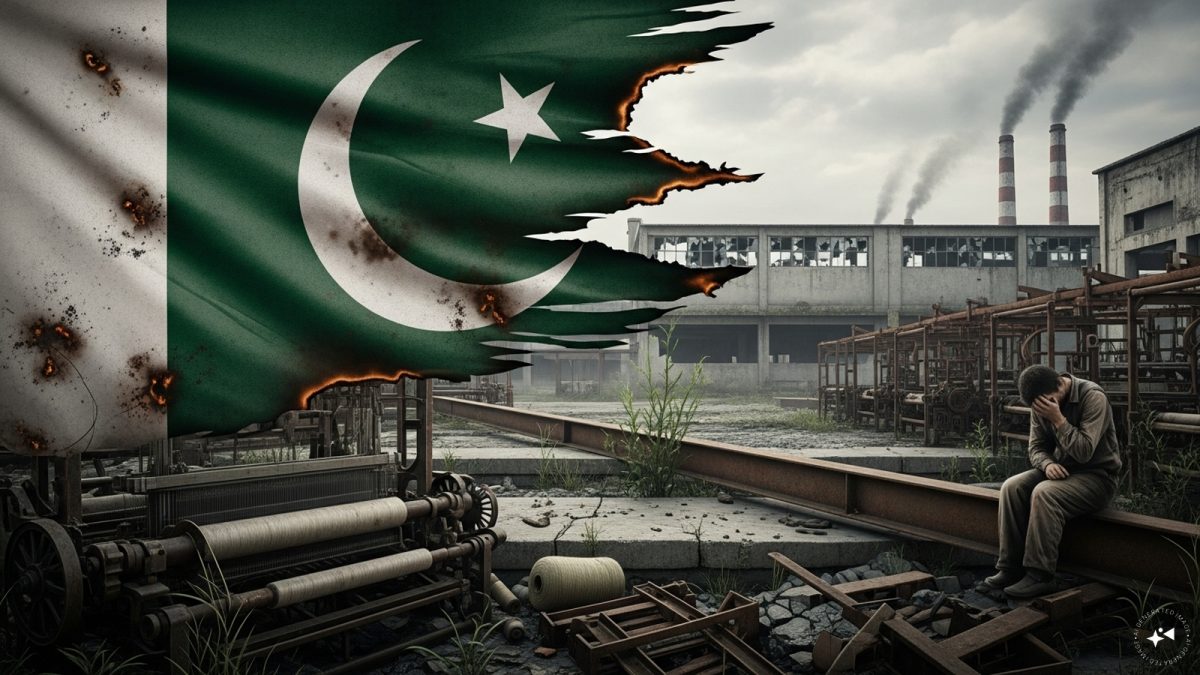)
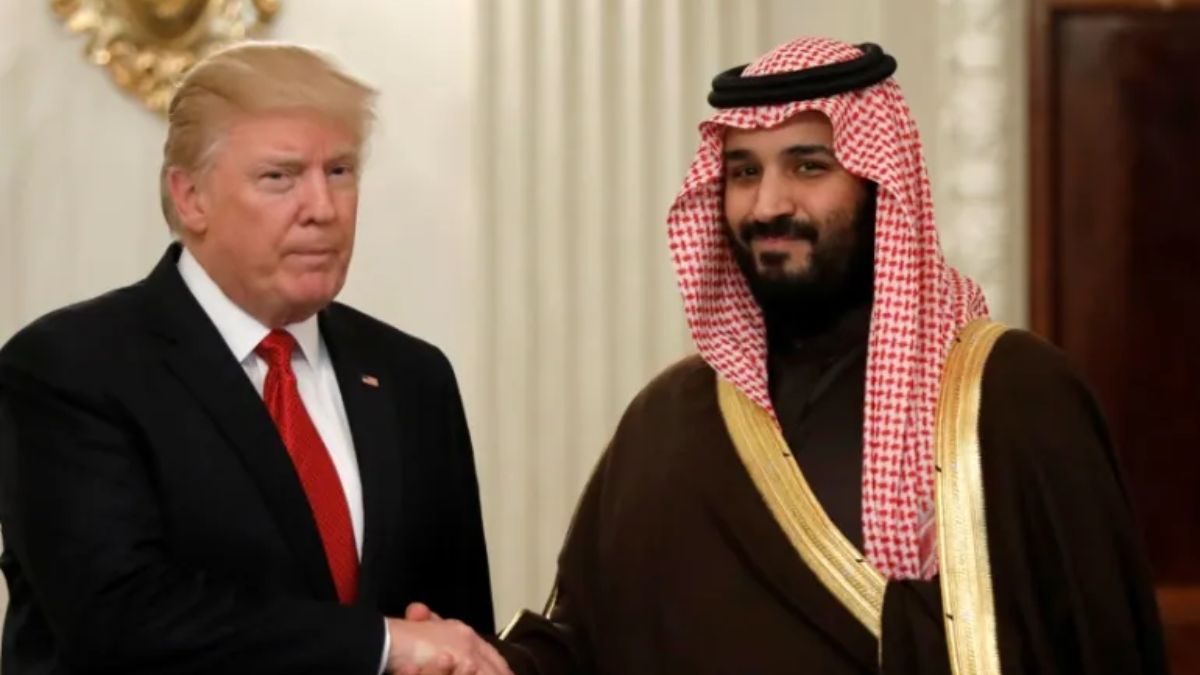)
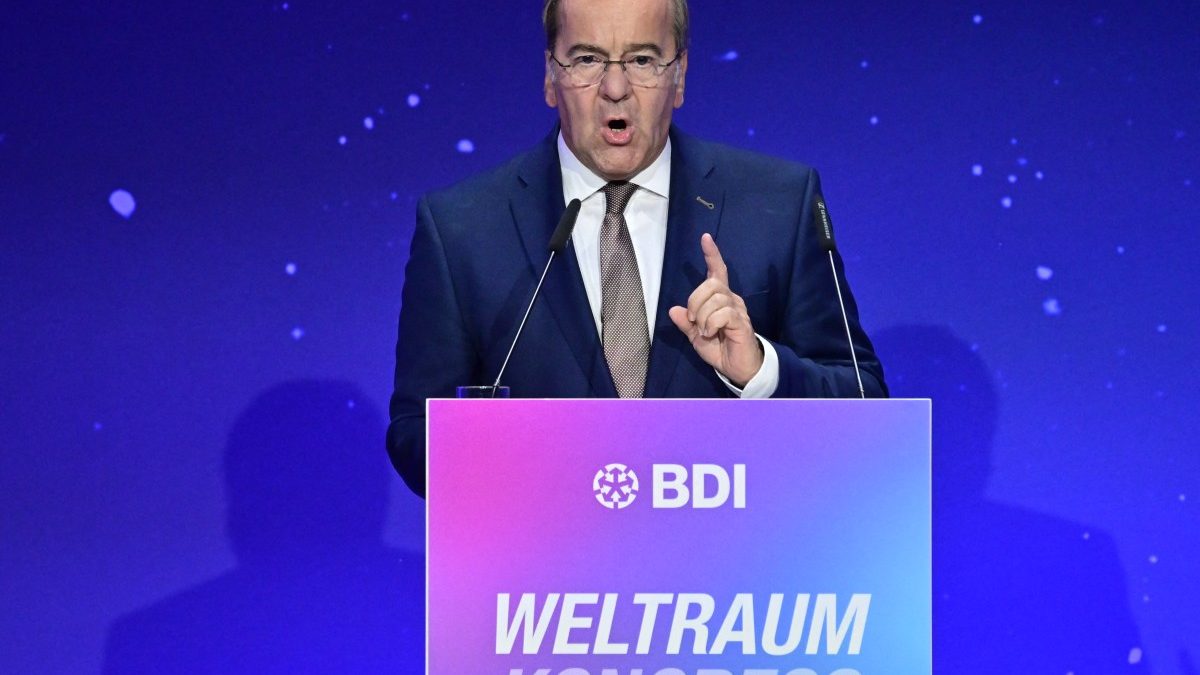)
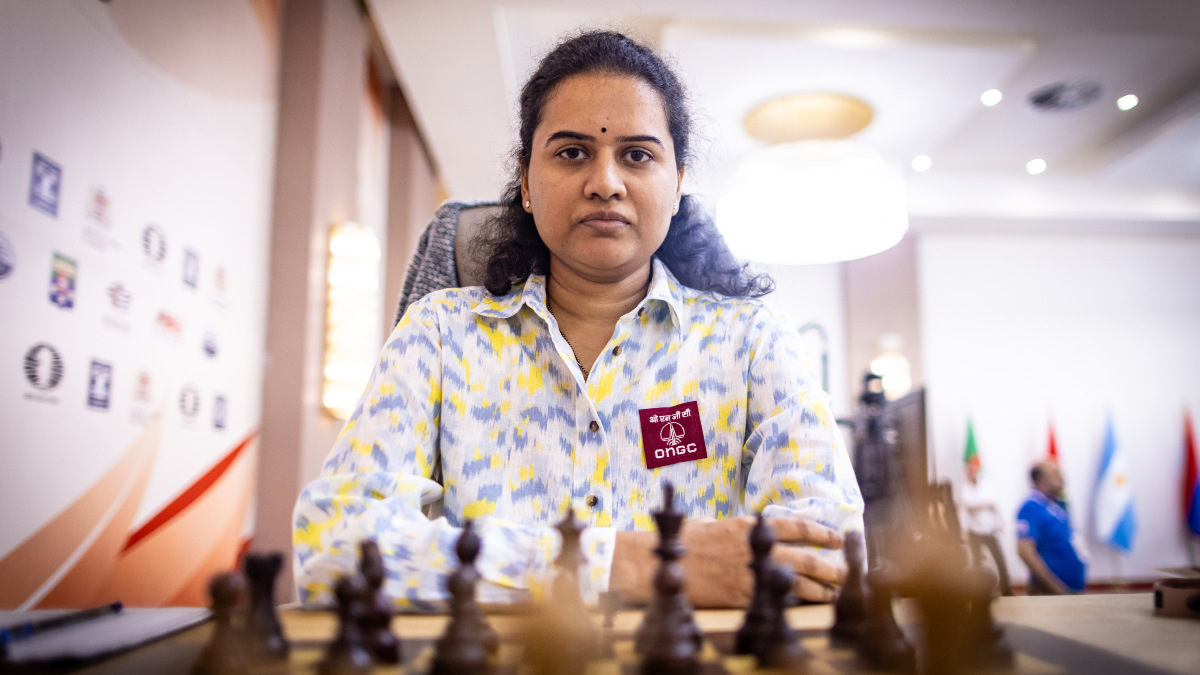)



